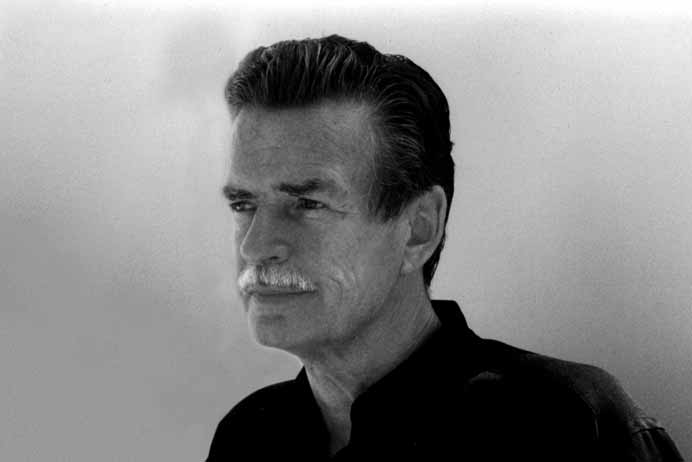
Nowadays it seems you can add a ‘noir’ label to just about anything. So far, though, none of these labels have got close to challenging an unrivaled respect commanded by ‘Nordic Noir’. But if last week’s Edinburgh Book Festival is anything to go by, Scotland’s ‘Tartan Noir’ may be on the way up…
Xander Brett
Nowadays it seems you can add a ‘noir’ label to just about anything. French cop shows are ‘Euro Noir’, Hinterland is ‘Welsh Noir’, Inspector Montalbano is ‘Medditerranean Noir’. So far none of these labels have got close to challenging the influence of ‘Nordic Noir’. But, if the Edinburgh Book Festival last week is anything to go by, Scotland’s ‘Tartan Noir’ may prove a future threat.
William McIlvanney’s first Laidlaw novel, published in 1977, is generally considered the genre’s starting post. McIlvanney won the Whitbread Prize a year earlier for Docherty, a historical novel set in a small mining community, and built a loyal fan base expecting more of the same. Laidlaw, therefore, came as a surprise. Some, dismayed, deserted. Others stayed. McIlvanney published a second Laidlaw novel, The Papers of Tony Veitch, in 1983, and a third, Strange Loyalties, in 1991.

William McIlvanney: ‘grandfather’ of ‘Tartan Noir’
Novelist Allan Massie calls the Laidlaw books “unconventional”. “McIlvanney,” he says, “did for Glasgow what Chandler had done for Los Angeles: he gave the city its fictional identity. Hemingway used to say that all American literature came out of Huckleberry Finn; all Scottish crime writing – ‘Tartan Noir’ – comes out of Laidlaw.” European fiction was still obsessed with the ‘Golden Age’ of traditional, Agatha Christie-style whodunits. McIlvanney’s work – in the first Laidlaw novel he gives the murderer’s identity on page one – was different, his books more whydunits than whodunits.
As McIlvanney ages, Ian Rankin is now considered the genre’s father. His Rebus novels now total twenty and have been translated into twenty six different languages, adapted into a long-running series starring John Hannah and Ken Stott, and routinely sell more than a million copies during their first month of publications, accounting for more than 10 per cent of crime book sales in the UK. ‘Nordic Noir’ accounts for a higher percentage in Scandinavia but, if it doesn’t watch out, and Rankin’s work continues to excel, this Scottish menace could steal some of the headlines elsewhere too.
This article is a Fika Online exclusive.